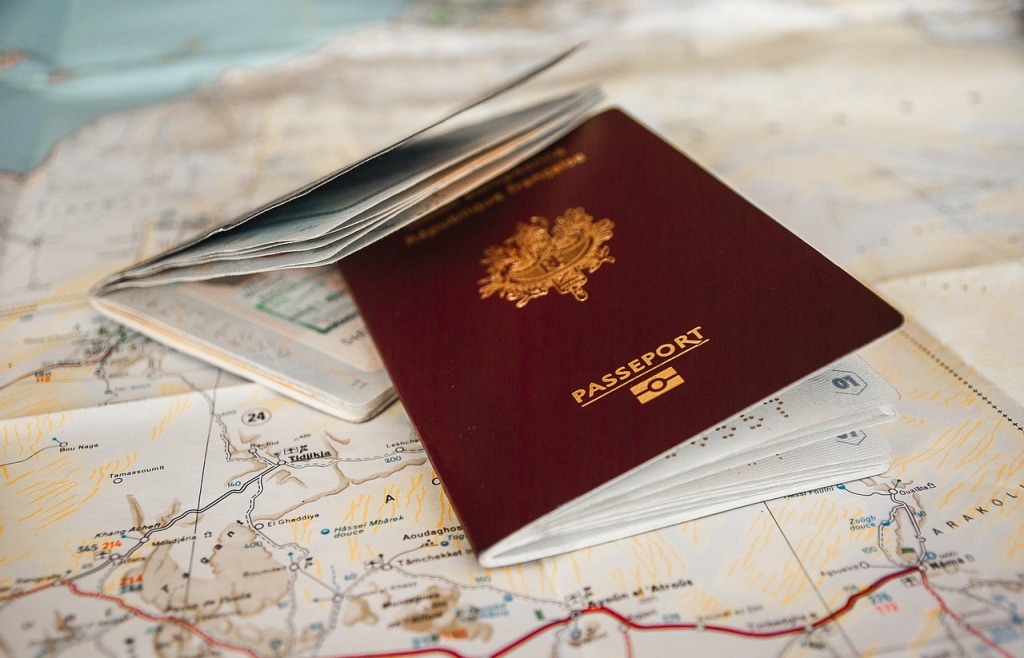Essential European Travel Tips for an Unforgettable Adventure


One of the best things about Europe is its variety. From the romantic canals of Venice to the rugged coastlines of Ireland, every country offers something unique.
- Prioritize your must-see destinations: Make a list of top sights, but avoid cramming too much into one trip.
- Factor in travel time: Distances can be deceiving. While trains and flights are fast, hopping between countries takes time.
- Be flexible: Leave space in your itinerary for unexpected discoveries — sometimes the best moments come from wandering without a plan.
Pack Smart and Light
Packing for Europe can be tricky because of varied climates and activities. Here are some packing tips to help you stay prepared:
- Choose versatile clothing: Pack layers that work in different weather conditions. A lightweight jacket, comfortable shoes, and a mix of casual and dressier outfits are essentials.
- Bring only what you can carry: Cobblestone streets, narrow staircases, and public transportation mean you’ll often carry your own bags. A backpack or small rolling suitcase is your best bet.
- Include road trip essentials: If you’re planning to drive across Europe, don’t forget adapters, a good map or GPS, car chargers, snacks, and a first-aid kit. These road trip essentials will make long drives much more comfortable.
Understand Transportation Options
Europe is famous for its efficient public transportation, but it’s worth knowing the pros and cons of each option.
Trains and Buses
Europe’s train network is extensive, especially in countries like France, Germany, and Italy. Consider getting a Eurail Pass if you’re covering multiple countries. Buses are a budget-friendly alternative and connect both big cities and smaller towns.
Flights
Low-cost airlines like Ryanair and EasyJet make flying between countries affordable, but keep in mind baggage restrictions and additional fees.
Driving
Renting a car gives you the freedom to explore off-the-beaten-path destinations. Before you hit the road, learn local driving rules, carry an international driver’s permit if required, and review parking options at your stops. Again, having road trip essentials ready in your car will save you from headaches on the road.
Stay Connected and Informed
Staying connected is easier than ever in Europe, but a little preparation helps.
- Buy a local SIM card or eSIM: This will save you money compared to roaming charges.
- Download helpful apps: Google Maps, Rome2rio, and language translation apps are lifesavers.
- Stay updated on local news: Knowing about strikes, weather alerts, or political events can help you adjust plans as needed.
Embrace Local Culture and Etiquette
One of the greatest joys of European travel is immersing yourself in local traditions. Here’s how to do it respectfully:
- Learn basic phrases: Even a simple “hello,” “please,” and “thank you” in the local language goes a long way.
- Respect dress codes: Especially in religious sites, conservative attire is appreciated.
- Tip appropriately: Tipping customs vary — in some countries, it’s included in the bill, while in others, a small tip is customary.
Prioritize Safety and Travel Insurance
While Europe is generally safe, it’s smart to take precautions.
- Get travel insurance: Cover medical emergencies, trip cancellations, and theft.
- Keep copies of important documents: Store digital and paper copies of your passport, insurance, and bookings.
- Stay alert in crowded areas: Pickpocketing can be an issue in tourist hotspots.
Budget Wisely and Manage Money
Europe can be as affordable or as luxurious as you make it. With smart budgeting, you can stretch your money further.
- Use a mix of payment options: Carry a small amount of local currency, but rely mostly on credit cards with no foreign transaction fees.
- Be mindful of ATM fees: Use ATMs at reputable banks and withdraw larger amounts at once to reduce fees.
- Set a daily budget: Factor in accommodation, meals, attractions, and transportation.
Try Local Cuisine and Experiences
Food is an essential part of European culture, and sampling local dishes is one of the most rewarding travel experiences.
- Eat where the locals eat: Avoid touristy restaurants near major attractions; instead, ask locals for recommendations or explore side streets.
- Visit local markets: They’re great for fresh, affordable meals and give you insight into regional flavors.
- Join a cooking class or food tour: It’s a fun way to connect with local culture and take home new skills.
Book Attractions and Accommodations in Advance
Europe attracts millions of tourists each year, so planning ahead is often necessary.
- Reserve popular attractions early: Skip-the-line tickets save time at busy sites like the Eiffel Tower or Colosseum.
- Choose accommodations wisely: Location matters — staying near public transit or central neighborhoods can save you time and money.
- Consider alternative stays: Hostels, guesthouses, and vacation rentals can offer a more local feel and often cost less.
Be Sustainable and Travel Responsibly
Traveling sustainably ensures that you leave a positive impact on the places you visit.
- Reduce single-use plastics: Bring a reusable water bottle and shopping bag.
- Support local businesses: Shop at independent stores and dine at family-run restaurants.
- Respect nature and heritage sites: Follow signs, stay on marked paths, and never remove natural or historical objects.
Last Updated: May 7, 2025






![Best Time Travel Games 2025 [The Ultimate List] Best Time Travel Games 2025 [The Ultimate List]](https://i1.wp.com/www.gamingscan.com/wp-content/uploads/2021/09/Best-Time-Travel-Games.jpg?w=1024&resize=1024,1024&ssl=1)





